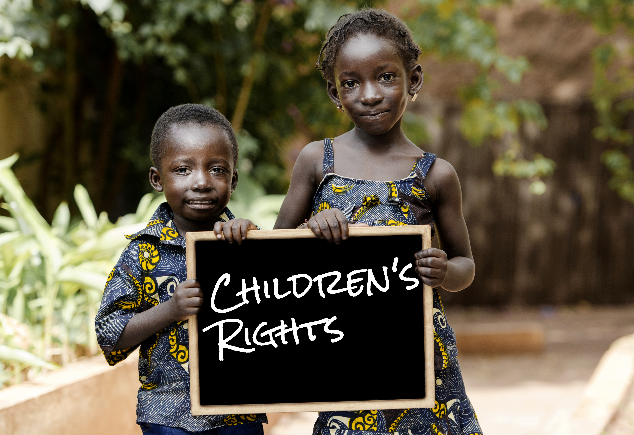
In a new landmark UN document published today in Geneva, governments will need to recognize that inaction on the climate crisis is a child rights violation. Further, it urges governments to factor environmental concerns into their efforts to protect and fulfill children’s rights and empower and protect child activists.
In the report General Comment No. 26 on children’s rights and the environment with a special focus on climate change”, the Committee of the Convention on the Rights of the Child recognizes that the triple planetary crisis (pollution, climate crisis and biodiversity loss) constitutes a child rights violation. Additionally, it recognizes that environmental degradation affects every aspect of children’s lives and threatens their future and inaction by governments and businesses to address the environmental crisis results in child rights violations and the deprivation of their future. Lastly, children are not just passive victims, as demonstrated by their strong movement globally.
This “General Comment” was drafted by the Committee of the Convention on the Rights of the Child, composed of 18 independent experts who evaluate the work of governments on children’s rights at a time when 2.4 billion children are currently experiencing the climate emergency. This document is a response by the UN to the wide call of children for the international community to react to current environmental devastation and climate change.
Through providing guidelines to national governments that have ratified the Convention of the Rights of the Child, the Committee is now calling on these governments to integrate environmental and climate issues in their work towards the fulfillment of every other child’s right.
Further, it calls the governments to empower children and protect child campaigners and activists, demanding, among other things, that they are given access to courts and that they are protected from retaliation when they participate in activism.
Finally, it urges governments to inform children of environmental considerations and include them in decision-making processes that will affect their lives and regulate business activities to ensure that they follow due diligence procedures that integrate children’s rights impact assessments into their operations.

Leave a Reply